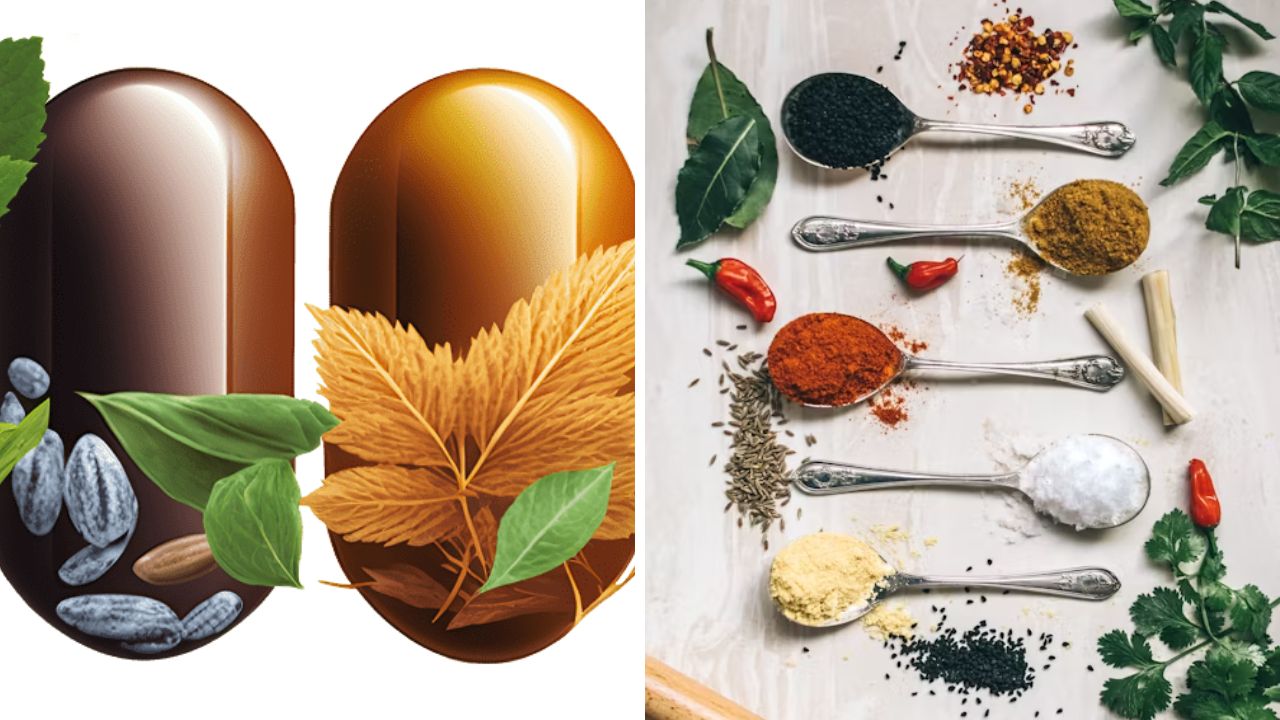According to SwopStore, India’s customer acquisition platform, wellness product sales have increased by 30 percent post-Rakshabandhan, and experts predict this number could rise to 70-80 percent as the festive season continues.
Consumers are increasingly focusing on self-care and thoughtful gifting, with categories like organic skincare, supplements, and personal care products seeing the biggest spikes. The demand for wellness-related items outpaced other sectors, making it one of the top-performing industries during the festive season.
The report highlights that nutraceuticals and ayurvedic products are driving much of the growth in the wellness sector. Popular products include multivitamins, protein supplements, and immunity boosters, particularly among younger consumers aged 18-24. This demographic is becoming more health-conscious, investing in products that enhance their physical performance and overall wellness.
The COVID-19 pandemic has played a pivotal role in increasing awareness of immune health, driving the demand for immunity-boosting supplements. Similarly, the influence of social media has popularized beauty-focused supplements like collagen and biotin, especially among younger audiences seeking to maintain their appearance alongside wellness.
Skincare and hair care products, especially those with organic and natural ingredients, have seen a surge in demand as part of the wellness trend. With more consumers moving towards holistic and Ayurvedic solutions, these products resonate strongly during the festive season. The preference for natural beauty treatments and long-term wellness solutions is particularly strong among Gen Z consumers, who prioritize clean beauty products that align with their self-care routines.
Notably, Ayurvedic skincare solutions have gained popularity, driven by the rise of self-care culture and a desire for sustainable, nature-based treatments. This is in line with broader consumer behavior, as wellness products are now seen as essential gifts for friends and family, especially during festive periods when thoughtful, meaningful gifting takes center stage.
One of the key trends this season is the shift towards more thoughtful gifting. Gen Z, in particular, is more likely to prioritize meaningful, health-oriented gifts rather than traditional, formal presents. Among the younger demographic, especially those aged 18-24, supplements like multivitamins, protein powders, and immunity boosters are seeing the highest demand. Younger people are more focused on maintaining both physical health and appearance, driving the growth of beauty supplements like collagen and biotin.
Another driving factor for the surge in wellness spending is the influence of direct-to-consumer (D2C) companies. These brands are increasingly offering products at various price points, catering to a wide range of customer needs and preferences. D2C companies have helped make wellness products more accessible and affordable, particularly for younger consumers who are looking for products that align with their self-care and wellness routines.
There are notable differences in supplement preferences between men and women. Men tend to gravitate towards protein supplements, performance enhancers, and muscle recovery products, while women are more inclined to choose beauty supplements (such as collagen and biotin), hormonal balance supplements, and products focused on skin and hair health.
Interestingly, while many younger people are buying supplements to enhance their appearance, wellness-focused supplements are also gaining traction. Approximately 60 percent of supplement sales in this age group are driven by the desire to improve physical appearance, while the remaining 40 percent is focused on general wellness, including immunity and digestion.
Wellness brands like Wellversed, Kapiva, PlixLife, and MuscleBlaze are particularly popular, offering products such as collagen supplements, plant-based protein powders, and Ayurvedic immunity boosters. These brands have tapped into the growing desire for natural, holistic wellness products, making them favorites among younger consumers.
Read More: Aayush Wellness enters the $23.8 billion nutraceutical market with Dreamy Sleep Gummies
